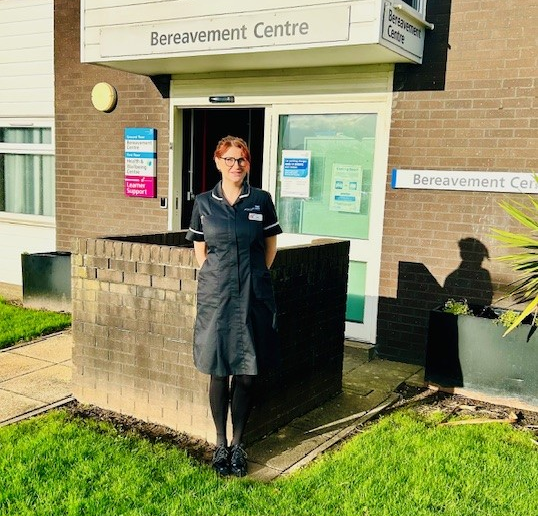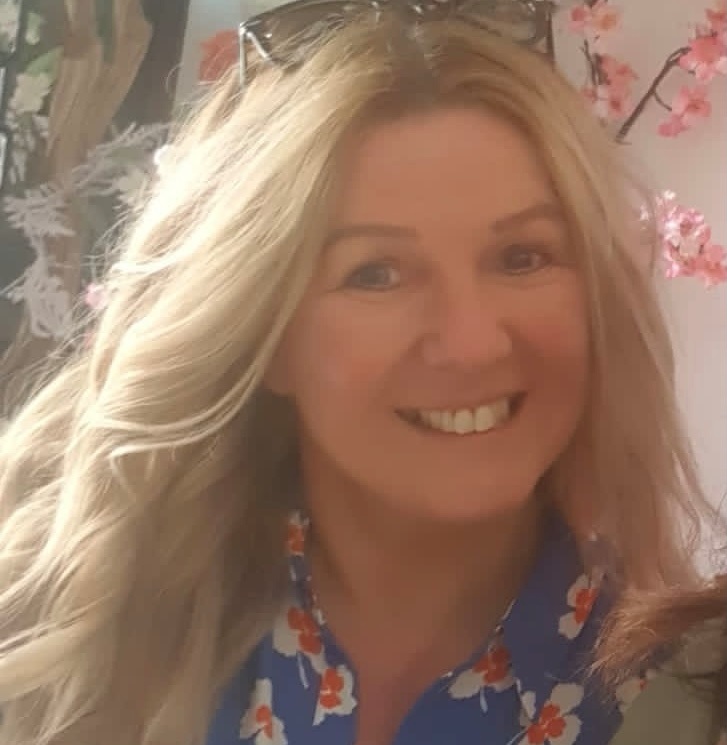 As the documentary Cause of Death rounds off its second series, the show would not be complete without highlighting the role of Medical Examiner Officers (MEOS) – who act as the voice of the deceased and bereaved.
As the documentary Cause of Death rounds off its second series, the show would not be complete without highlighting the role of Medical Examiner Officers (MEOS) – who act as the voice of the deceased and bereaved.
MEOS are involved in numerous stages of the process after death, from talking to attending physicians, advising on the wording of death certificates, explaining processes to bereaved families, as well as answering any questions they might have.
A national system of medical examiners was first proposed in 2005 following the Shipman Inquiry (the report produced following the investigation into the activities of the GP and serial killer Harold Shipman). It was subsequently legislated for in the Coroners and Justice Act 2009.
In April 2023, the Government confirmed next steps towards the statutory medical examiner system, with the full introduction of the statutory system proposed from April 2024.
Amy Ashworth is Senior Lead Medical Examiner Officer at the Trust and Justine Jackson is the Lead Medical Examiner Officer, and they explained the importance of their roles, and how vital it is to raise national awareness through the documentary series.
Amy said: “Nobody really considers what happens after death and how many people are involved. We deal with community cases as well, so on a Monday morning you could have 20, 30 deaths that have happened, so we can be dealing with quite a lot of deaths on a daily basis.
“Showcasing our roles on Cause of Death to shine a light on what we do is important, because we are a relatively new service, but every hospital will have one.
“We speak to every family that have a death here in hospital, and ask whether they have any concerns or questions, go through the death certificate, and guide them through the process.
“To show what we do and how we interact with the Coroners is great, because everybody will have that assistance, all the bereaved families. It shows how well we work together.”
 Justine added: “I like to think we’re the voice of the deceased – we look into their medical records and make sure everything is right and they’ve been diagnosed correctly and received the right medication.”
Justine added: “I like to think we’re the voice of the deceased – we look into their medical records and make sure everything is right and they’ve been diagnosed correctly and received the right medication.”
Working in the service, it is not unusual to know some of the people who have died, and in the final episode of the series shown on Wednesday night, one of the cases involved Irene Wright, who Justine, previously a Coroners Officer for 16 years, had worked with and was a good friend of.
She said: “Everyone is human, and you have to deal with that, but it was difficult. It can be a bit surreal at times. We deal with death on a daily basis and to some extent do become immune to it, and often it is just a name we see, and we deal with their families sympathetically and guide them through the next steps.”
If you are affected by any of the issues raised in the series, there are support services available at channel5.com/helplines
The first series of Cause of Death, and the first five episodes of series two, are still available on the My5 app, and at channel5.com/show/cause-of-death







